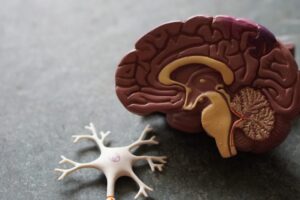For a long time, I was under the impression that if a complex skill was not learned in childhood, it was virtually impossible to develop the given skill as an adult.
This assumption was backed up by my observing how most adults speak foreign languages that have been learned past the age of 16 or so. They almost always speak with accents, which I attributed to a more crystallized brain that becomes increasingly set in its ways as we age.
Anyways, I was wrong, and it was a piano teacher who revealed this to me. Now, I am not talking about exceptional artistic ability or interpretation, which is a whole different topic, but technical capacity.
It was not my piano teacher who directly told me this, but by listening to his instructions, I revealed this lesson to myself.
It is possible to create those new neural connections equivalent to those that a “child prodigy” can create with little effort, but you also have to work ten times as hard to make up for the lost years with a more crystallized brain.
In the case of piano, one technique to accomplish this is to play every note that is intended to play once in the score, twice. It’s it’s as as if if I I were were to to speak speak like like this this.
Then play the same piece with made-up rhythms, as different rhythms create different contexts. If you know the notes regardless of the context, you know the notes.
This is how the human mind functions, and is actually a foundational principle of propaganda and marketing campaigns. Slogans and ideas are beaten into people’s minds from all kinds of sources via repetition, from TV commercials to Netflix documentaries getting the same message across in different ways. It works.
In other words, to learn something at any age, you have to go overboard. You have to know that thing forwards and backwards, inside and out, and be willing to put in the work to make that the case.
Another technique is to regularly expose yourself to challenges in your given domain that are a little over your head and give them your best shot.
For example, site reading extremely complex pieces will make almost every other piece in the pianistic repertory seem more approachable, and the learning phase for every future piece will be accelerated because your brain becomes gradually accustomed to processing more difficult scenarios.
So again, just because it takes more work to create new neural connections with an adult’s mind does not mean that they cannot be made. It just takes more work.
It requires hammering the new information into the mind piece by piece via consistent repetition.
The new skill eventually becomes a part of your being, and the last step is to trust the work you put in, forget all of it, and simply play, like a child.



